- John A. Alonzo
- Jan de Bont
- Stephen H. Burum
- Freddie Francis
- Conrad L. Hall
- Emmanuel Lubezki
- Chris Menges
- Robert Richardson
- Philippe Rousselot
- Douglas Slocombe
- Vittorio Storaro
- Robert Surtees
- Geoffrey Unsworth
- David Watkin
- Gordon Willis
 If you are enamored by the look of Chinatown, it's because John A. Alonzo shot the film which earned him
the only Oscar nomination of his career. Of Mexican-American and Latino heritage, he went on to work on
Lady Sings the Blues; Farewell, My Lovely; Tom Horn; the 1983 version of Scarface;
and Internal Affairs. On a side note, he mentored John Toll who went on to win two Oscars for Best
Cinematography.
If you are enamored by the look of Chinatown, it's because John A. Alonzo shot the film which earned him
the only Oscar nomination of his career. Of Mexican-American and Latino heritage, he went on to work on
Lady Sings the Blues; Farewell, My Lovely; Tom Horn; the 1983 version of Scarface;
and Internal Affairs. On a side note, he mentored John Toll who went on to win two Oscars for Best
Cinematography.
 Jan de Bont first made his name by working on Dutch pictures like Turks fruit. Once
his talent was recognized by Hollywood, he emigrated to the United States and did further work. As a
result, Jan de Bont produced beautiful films such as All the Right Moves, Die Hard, and
Black Rain. He's also famous for directing Speed and Twister.
Jan de Bont first made his name by working on Dutch pictures like Turks fruit. Once
his talent was recognized by Hollywood, he emigrated to the United States and did further work. As a
result, Jan de Bont produced beautiful films such as All the Right Moves, Die Hard, and
Black Rain. He's also famous for directing Speed and Twister.
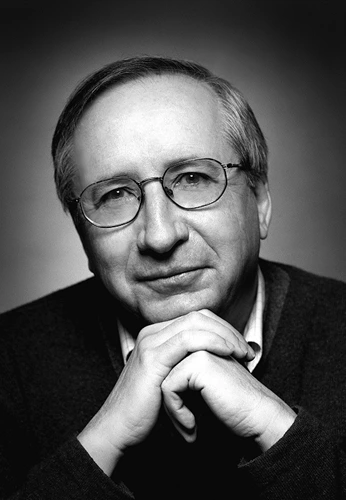 The name may not be familiar to you, but you certainly know his work through Brian De Palma's films. The best he
did are Body Double, The Untouchables, and Mission: Impossible. Additional work
includes The War of the Roses for Danny DeVito. Remember Rumble Fish? Stephen H. Burum did that, too.
It's too bad that he wasn't properly recognized, having been awarded merely one Oscar nomination during his career.
The name may not be familiar to you, but you certainly know his work through Brian De Palma's films. The best he
did are Body Double, The Untouchables, and Mission: Impossible. Additional work
includes The War of the Roses for Danny DeVito. Remember Rumble Fish? Stephen H. Burum did that, too.
It's too bad that he wasn't properly recognized, having been awarded merely one Oscar nomination during his career.
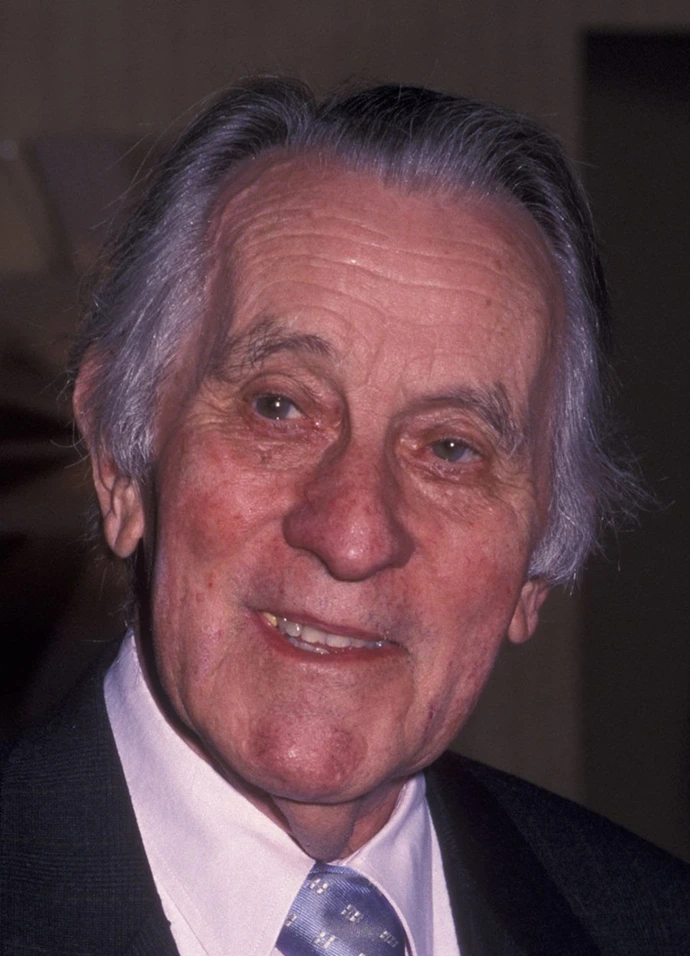 Freddie Francis could work with both sides of the template: black-and-white and color. As a result, he won
two Oscars for Sons and Lovers and Glory. Despite not working much as a cinematographer, he was
able to produce stunning work with little to no special effects such as Room at the Top,
The Elephant Man, The French Lieutenant's Woman, and The Executioner's Song. Elsewhere,
Freddie Francis spent a lot of time directing horror and thriller films.
Freddie Francis could work with both sides of the template: black-and-white and color. As a result, he won
two Oscars for Sons and Lovers and Glory. Despite not working much as a cinematographer, he was
able to produce stunning work with little to no special effects such as Room at the Top,
The Elephant Man, The French Lieutenant's Woman, and The Executioner's Song. Elsewhere,
Freddie Francis spent a lot of time directing horror and thriller films.
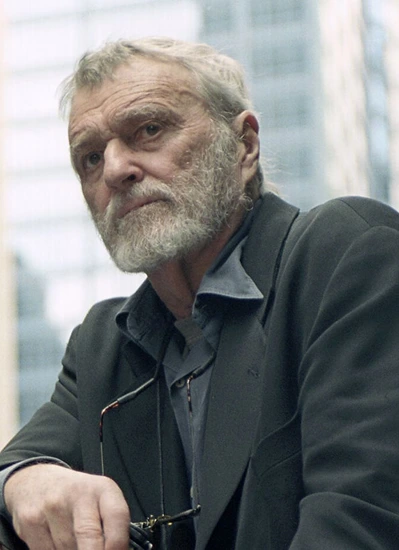 Be careful: there are two Conrad Halls. One is the father, and the other is his son. The former is being
rightfully recognized here, having won three Oscars. He's among the best in business, having done the
cinematography for In Cold Blood, Butch Cassidy and the Sundance Kid, Black Widow, and
Jennifer 8. Conrad L. Hall also did the iconic shot of Kurt Russell and Mel Gibson on the swings while
the sun was setting down in Tequila Sunrise.
Be careful: there are two Conrad Halls. One is the father, and the other is his son. The former is being
rightfully recognized here, having won three Oscars. He's among the best in business, having done the
cinematography for In Cold Blood, Butch Cassidy and the Sundance Kid, Black Widow, and
Jennifer 8. Conrad L. Hall also did the iconic shot of Kurt Russell and Mel Gibson on the swings while
the sun was setting down in Tequila Sunrise.
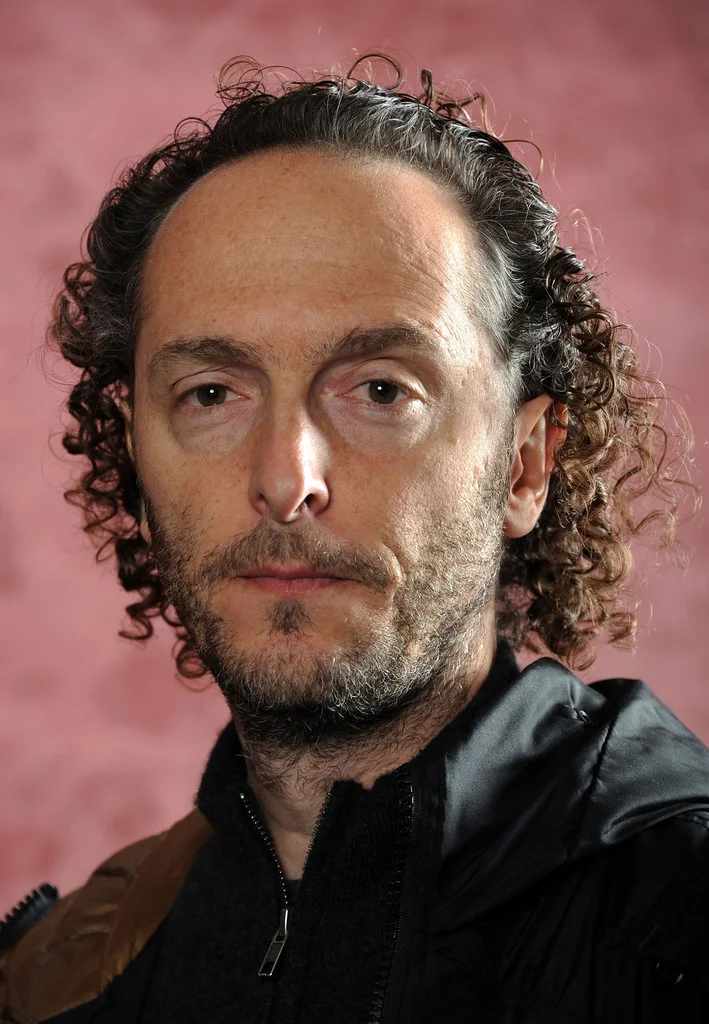 Completely underrated during the 90's, the Mexican cinematographer Emmanuel Lubezki was responsible for
shooting three unbelievably good-looking pictures: Como agua para chocolate, A Walk in the Clouds,
and Meet Joe Black. Eventually, he received recognition during the 21st century by being awarded three
Oscars among eight nominations.
Completely underrated during the 90's, the Mexican cinematographer Emmanuel Lubezki was responsible for
shooting three unbelievably good-looking pictures: Como agua para chocolate, A Walk in the Clouds,
and Meet Joe Black. Eventually, he received recognition during the 21st century by being awarded three
Oscars among eight nominations.
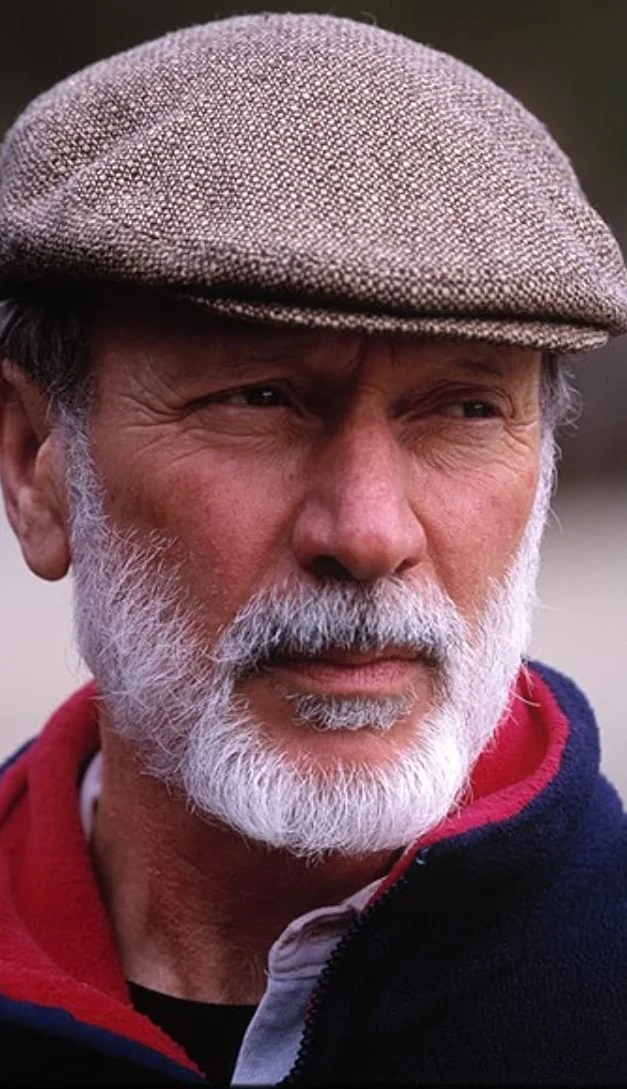 A British cinematographer, Chris Menges is a two-time Oscar winner, having handled some of the most stunning-looking
period pictures such as The Killing Fields and The Mission for Roland Joffé. He also shot two more UK
films: Local Hero and The Boxer. His motto is: "Being a good DP is about listening. As a DP, you
shouldn’t be overly concerned with being a technician. Those skills should be second nature. Instead, you should
be driven by vision and a knack for getting on the same page as your director to build vision together."
A British cinematographer, Chris Menges is a two-time Oscar winner, having handled some of the most stunning-looking
period pictures such as The Killing Fields and The Mission for Roland Joffé. He also shot two more UK
films: Local Hero and The Boxer. His motto is: "Being a good DP is about listening. As a DP, you
shouldn’t be overly concerned with being a technician. Those skills should be second nature. Instead, you should
be driven by vision and a knack for getting on the same page as your director to build vision together."
 If you loved Oliver Stone's films, then you loved the way Robert Richardson shot them. He's a three-time Oscar
winner, having worked on Platoon, Salvador, Wall Street, JFK, and
The Horse Whisperer. His creed has been: "It's far better to shoot a good picture than a good-looking
picture." Indeed so.
If you loved Oliver Stone's films, then you loved the way Robert Richardson shot them. He's a three-time Oscar
winner, having worked on Platoon, Salvador, Wall Street, JFK, and
The Horse Whisperer. His creed has been: "It's far better to shoot a good picture than a good-looking
picture." Indeed so.
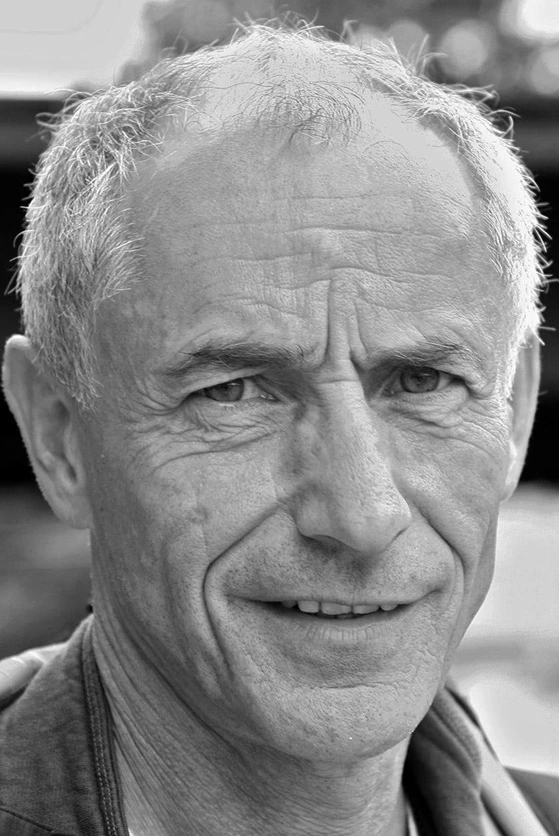 A one-time Oscar winner, the French cinematographer shot a wide array of films, resulting in a beautiful
composition. There's no particular style he uses, preferring to follow what the director has in mind for
his film. Among Philippe Rousselot's best works are The Emerald Forest, Dangerous Liaisons,
Henry & June, A River Runs Through It, and Interview with the Vampire.
A one-time Oscar winner, the French cinematographer shot a wide array of films, resulting in a beautiful
composition. There's no particular style he uses, preferring to follow what the director has in mind for
his film. Among Philippe Rousselot's best works are The Emerald Forest, Dangerous Liaisons,
Henry & June, A River Runs Through It, and Interview with the Vampire.
 You aren't familiar with the name, but you're exceedingly familiar with his work which won three Oscar
nominations. Douglas Slocombe shot all of the three famous movies: Raiders of the Lost Ark,
Indiana Jones and the Temple of Doom, and Indiana Jones and the Last Crusade. He was responsible
for other beautiful pictures such as The Blue Max and The Great Gatsby.
You aren't familiar with the name, but you're exceedingly familiar with his work which won three Oscar
nominations. Douglas Slocombe shot all of the three famous movies: Raiders of the Lost Ark,
Indiana Jones and the Temple of Doom, and Indiana Jones and the Last Crusade. He was responsible
for other beautiful pictures such as The Blue Max and The Great Gatsby.
 If there's anybody who's the best, it's Vittorio Storaro. One word: beautiful. A three-time Oscar winner,
he's a longtime favorite of Bernardo Bertolucci, having done brilliant work. His must-see films are
Il confirmista, Last Tango in Paris, Novecento, Agatha, Apocalyse Now,
The Last Emperor, Tucker: The Man and His Dream, The Sheltering Sky, and Little Buddha.
If there's anybody who's the best, it's Vittorio Storaro. One word: beautiful. A three-time Oscar winner,
he's a longtime favorite of Bernardo Bertolucci, having done brilliant work. His must-see films are
Il confirmista, Last Tango in Paris, Novecento, Agatha, Apocalyse Now,
The Last Emperor, Tucker: The Man and His Dream, The Sheltering Sky, and Little Buddha.
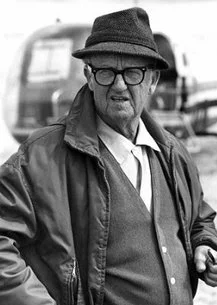 Robert Surtees was a legendary cinematographer who earned three Oscars among thirteen nominations.
Black-and-white or color, it didn't matter; he could capture the best of them as illustrated in Quo Vadis,
The Bad and the Beautiful, Raintree County, Ben-Hur, the 1962 version of
Mutiny on the Bounty, The Last Picture Show, and The Great Waldo Pepper.
Robert Surtees was a legendary cinematographer who earned three Oscars among thirteen nominations.
Black-and-white or color, it didn't matter; he could capture the best of them as illustrated in Quo Vadis,
The Bad and the Beautiful, Raintree County, Ben-Hur, the 1962 version of
Mutiny on the Bounty, The Last Picture Show, and The Great Waldo Pepper.
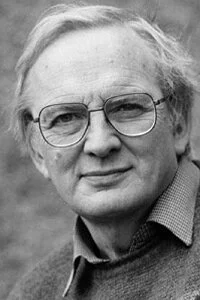 A two-time Oscar winner whose work spanned four decades, Geoffrey Unsworth excelled the most in creating
unforgettable period and sci-fi pictures such as The Purple Plain, A Night to Remember,
The World of Suzie Wong, 2001: A Space Odyssey, Cromwell, Cabaret,
Murder on the Orient Express, A Bridge Too Far, and Superman.
A two-time Oscar winner whose work spanned four decades, Geoffrey Unsworth excelled the most in creating
unforgettable period and sci-fi pictures such as The Purple Plain, A Night to Remember,
The World of Suzie Wong, 2001: A Space Odyssey, Cromwell, Cabaret,
Murder on the Orient Express, A Bridge Too Far, and Superman.
 If you loved the opening scene of Chariots of Fire, it was shot by David Watkin. His sole Oscar win went to
one of the most stunning-looking picture of all time: Out of Africa. A big advocate of the bounce light as a
soft light source, he didn't get enough credit for his work on The Devils, Mahogany, and Yentl.
If you loved the opening scene of Chariots of Fire, it was shot by David Watkin. His sole Oscar win went to
one of the most stunning-looking picture of all time: Out of Africa. A big advocate of the bounce light as a
soft light source, he didn't get enough credit for his work on The Devils, Mahogany, and Yentl.
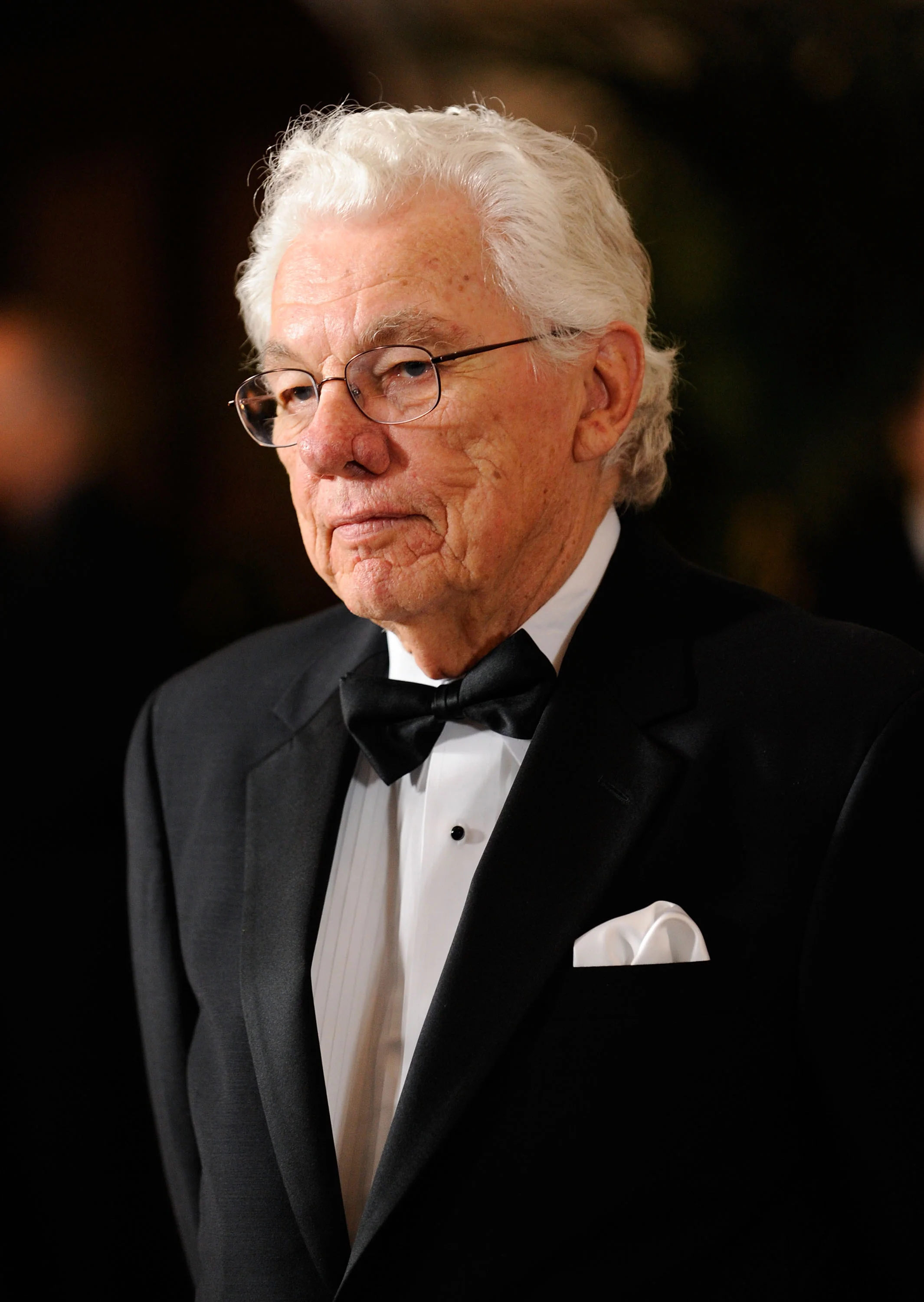 A longtime favorite of Woody Allen, Alan J. Pakula, and James Bridges, Gordon Willis didn't get the moniker
"The Prince of Darkness" for nothing. He could highlight the degree of blackness as seen through
The Godfather, The Godfather Part II, and The Godfather Part III. Another masterpiece in
his filmography was Comes a Horseman. Unfortunately, Gordon Willis never won an Oscar in his lifetime.
A longtime favorite of Woody Allen, Alan J. Pakula, and James Bridges, Gordon Willis didn't get the moniker
"The Prince of Darkness" for nothing. He could highlight the degree of blackness as seen through
The Godfather, The Godfather Part II, and The Godfather Part III. Another masterpiece in
his filmography was Comes a Horseman. Unfortunately, Gordon Willis never won an Oscar in his lifetime.